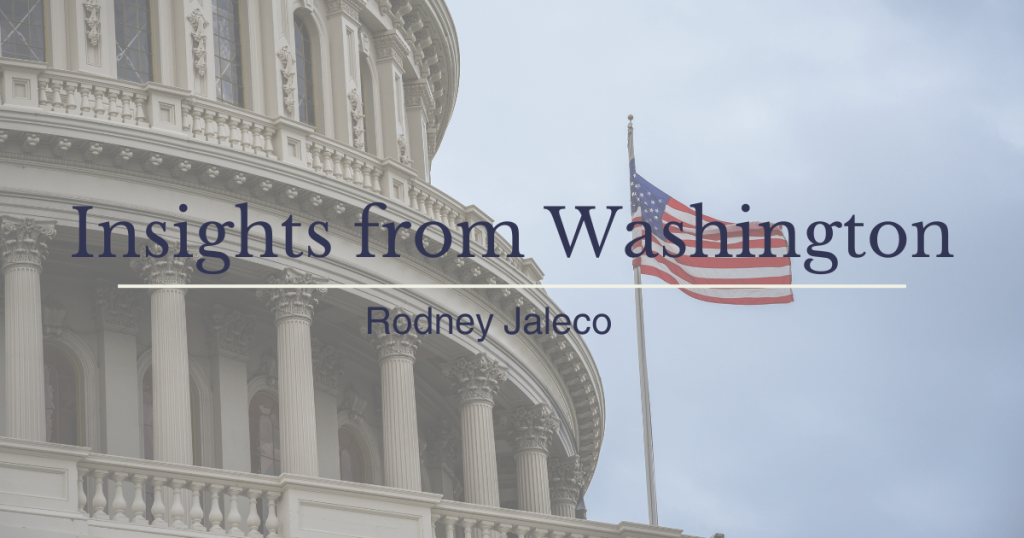Post-debate fall-out continues to fuel speculation, in & out of America

By Rodney J. Jaleco | Date 07-11-2024
WASHINGTON D.C. — The first presidential debate proved such a debacle for Pres. Joe Biden that it’s opened questions about whether a perturbed, restive Democratic Party might find someone else to battle Donald Trump in November. That’s thrown the Beltway political class in a tizzy, including the diplomatic corps working overtime to fill in their respective capitals trying to prognosticate American politics.
Curiously, post-debate polling showed little change in the political standing of Mr. Biden and his Republican opponent, former Pres. Donald Trump, a glimpse perhaps into the depth of partisan divide and the future of governance with all its relevance to America’s foreign entanglements.
The President has apologized for his disastrous performance during the June 27 CNN debate, watched by an estimated 50 million viewers. There were times he lost his train of thought and looked confused, reinforcing longstanding fears about his age and mental acuity – something Republicans have drummed up gleefully.
A Reuters poll however revealed that Mr. Biden, who was trailing Mr. Trump leading up to the debate, had actually run abreast although it also showed that one in three Democrats wanted their standard bearer to abandon the campaign and put up someone else – possibly Vice Pres. Kamala Harris, who could be the first female and Asian American (her mother is Tamil Indian) US president.
Ms. Harris, who as a California politician nurtured extensive contacts with the Filipino American community, was faring only slightly better than the President but still trailed Mr. Trump in the latest surveys.
But everything hinges on Pres. Biden. He’s already won the number of delegates to get the Democratic nomination but the party convention is still six weeks away. He will have to decide whether he wishes to continue – and face the barrage of Republican ads using the debate footage – or end his campaign and endorse a substitute who can be proclaimed in Chicago on Aug. 22.
It’s no secret that many governments have already quietly reached out, albeit through informal intermediaries to both candidates, especially to the mercurial Trump. Philippine Ambassador Jose Manuel Romualdez said last February that he’s received an assurance from former national security adviser Robert O’Brien that there will be no change in America’s Indo-Pacific strategy under a new Trump administration.
US support is crucial to the Philippine strategy of asserting sovereignty against China in the country’s exclusive economic zone. The Biden administration has stressed its “ironclad” commitment to Philippine security, a treaty ally that the US is bound with a mutual defense pact.
Still, the fallout from the presidential debate has fueled concerns in many foreign capitals. Protocol dictates they’re spoken in hushed tones but recent developments, especially in Western Europe, promise to alter America’s relations with key allies, whoever is in the White House next year. Conservatives in Britain are set to cede power after 15 years to Liberals; in France, Pres. Emmanuel Macron’s centrist coalition is under severe threat from the Right.
The North Atlantic alliance – that Mr. Trump disparaged when he was president – has reportedly worked to “Trump-proof” policies and institutions, especially in guaranteeing future help for Ukraine.
Chinese social media has mocked Mr. Biden’s debate showing even as officials watch closely internal party dynamics that could lead to an entirely new Democratic slate. A Bloomberg report indicated Beijing believes California Gov. Gavin Newsom – one of the possible substitutes – might be easier on China compared to other Democrats. The Russians, according to a BBC analysis, favor Mr. Biden soldiering on because they already know him and how he’s likely to react to Moscow’s future moves.
Tags: Security
